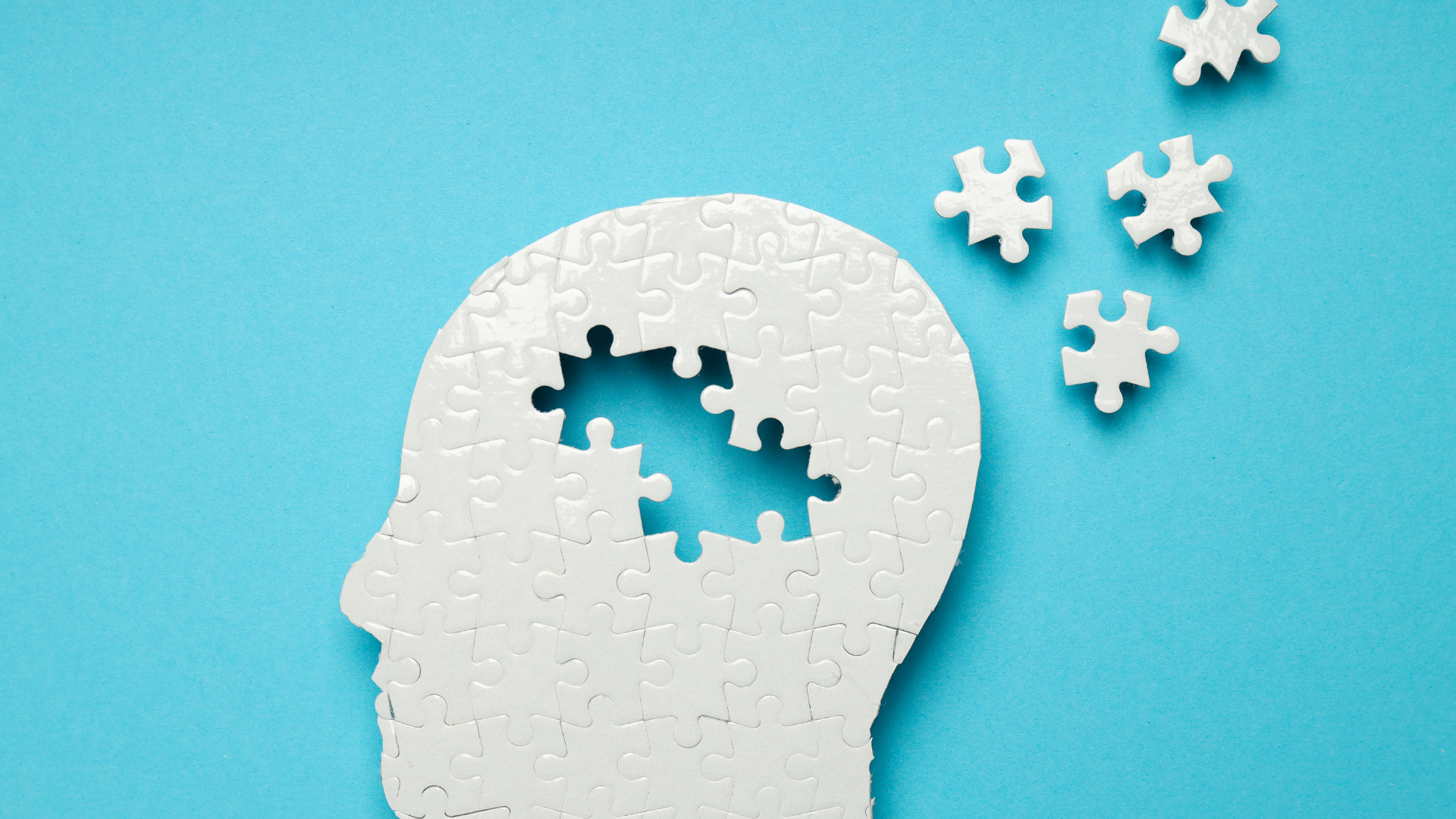A team of scientists from the Chinese Academy of Sciences has developed an innovative model of personalized transcranial magnetic stimulation (TMS) that could significantly increase the effectiveness of depression treatment. Their approach combines brain imaging data (MRI) with advanced analysis of neural connections, allowing stimulation sites to be individually tailored to each patient. The research was described in Science Bulletin.
As part of the study, the researchers analyzed more than 1,600 MRI scans from patients with depression and 1,300 scans from healthy individuals. They focused on brain structures relevant to depression, particularly the subgenual anterior cingulate cortex (sgACC), which is frequently damaged in people suffering from this disorder. The key finding was that abnormal connectivity between the sgACC and the left dorsolateral prefrontal cortex (DLPFC) significantly affects the effectiveness of TMS therapy.
Based on these data, the researchers developed a new algorithm that combines population-based statistical maps of the brain with individual patient data to determine optimal stimulation points. The effectiveness of the model was confirmed in three independent clinical groups, including individuals with treatment-resistant depression and suicidal thoughts.
Compared to previous approaches, which relied on averaged stimulation locations, the new method demonstrated a much clearer link between the precise location of stimulation and improvement in clinical symptoms.
Source: Science in Poland.










